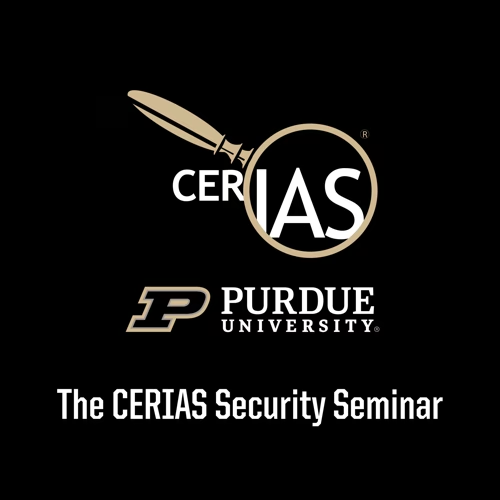
CERIAS Weekly Security Seminar – Purdue University
John Black, Recent Attacks on MD5
Cryptology is typically defined as cryptography (the construction of cryptographic algorithms) and cryptanalysis (attacks on these algorithms). Both are important, but the latter is more fun. Cryptographic hash functions are one of the core building blocks within both security protocols and other application domains. In the last few decades a wealth of these functions have been developed, but the two in most widespread usage are MD5 and SHA1. Recently, there has been a great deal of activity regarding the cryptanalysis of MD5. We survey the recent attacks on the MD5 hash function from the modest progress in the mid 90s to the startling recent results instigated by Xiaoyun Wang. We will look at the details of these attacks, some recent improvements, two applications, and discuss the current outlook on cryptographic hashing. About the speaker: John Black is an Assistant Professor of Computer Science at the University of Colorado at Boulder. Dr. Black's research interests lie primarily in cryptography and cryptanalysis, particularly in the construction of fast and provably-secure algorithms and in the analysis of cryptography applied to networks and computer systems. Dr. Black received his Ph.D. in Computer Science from the University of California at Davis in 2000. He is the recipient of an NSF CAREER award and a check from Donald Knuth for $2.56.
Senaste avsnitt
En liten tjänst av I'm With Friends. Finns även på engelska.